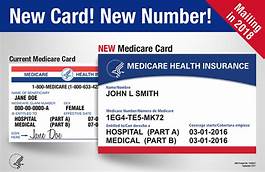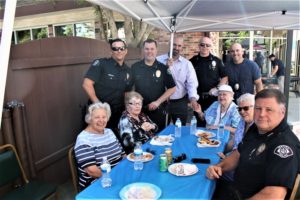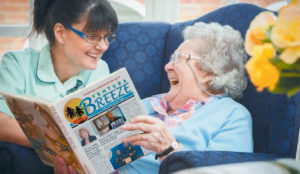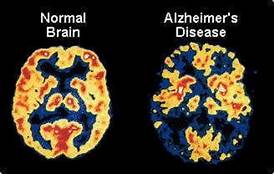by Richard Lieberman
In a recent City Council meeting the council approved a new ad-hoc committee designed to develop a senior strategic plan. The new committee will be managed by the Parks, Recreation and Community Partnerships staff.
The strategic Planning Committee will consider where the organization is currently on senior issues, and what the committee wants to see happen in the next three to five years. This new committee’s goal is to establish a plan for how to achieve the goals they establish for the current and future of Ventura seniors. The committee will also identify the strengths, weaknesses, opportunities and any potential threat to the strategic plan as it affects seniors in the city.
The council approved the appointment of six individuals to the Senior Strategic Planning Committee. The individuals approved by the council are Gregory Bourdreaux, Stanlee Cox, John Darling, Lynn Kipp, Suz Montgomery and William Nelson. The appointments will be based on an approximate term of six months or until the Senior Strategic Plan is developed. Once the plan is complete the committee will terminate.
Parks, Recreation and Community Partnerships Director Nancy O’Connor welcomed the Committee and is ready to begin its work. A consultant will be selected to assist with the development of the senior strategic plans.
Parks, Recreation and Community Partnerships staff will present to the City Council the proposed Senior Strategic Plan developed by the new committee for presentation and adoption before summer 2020.





